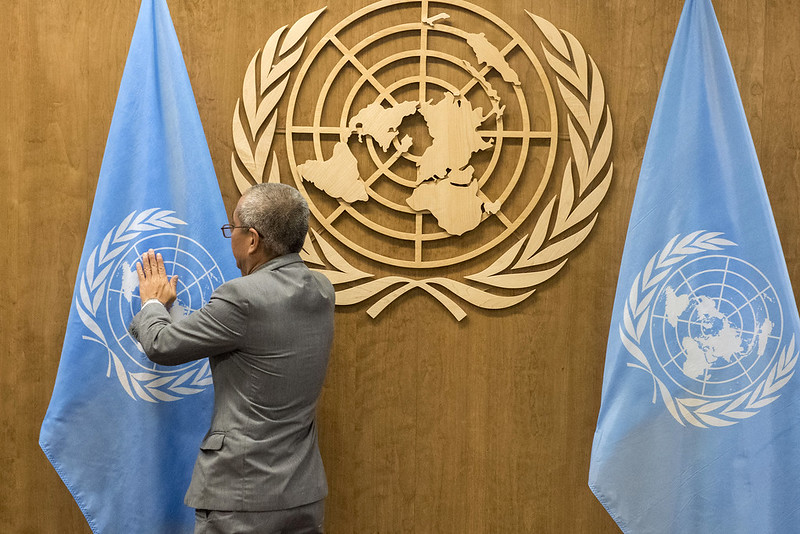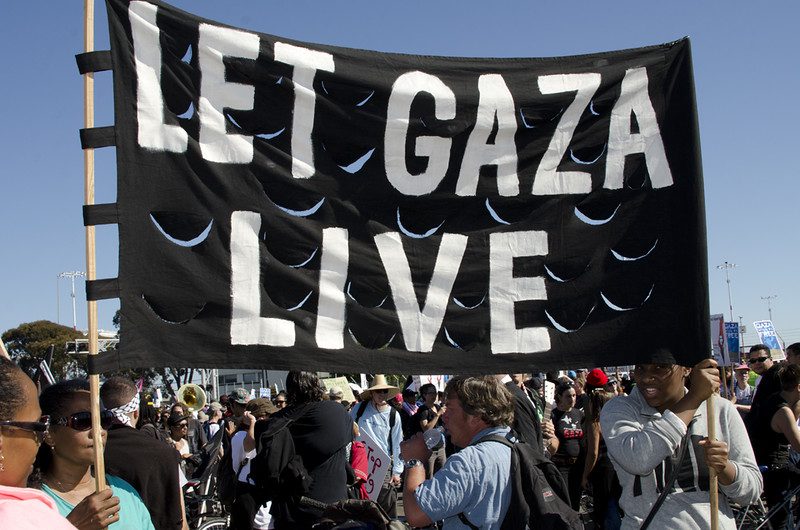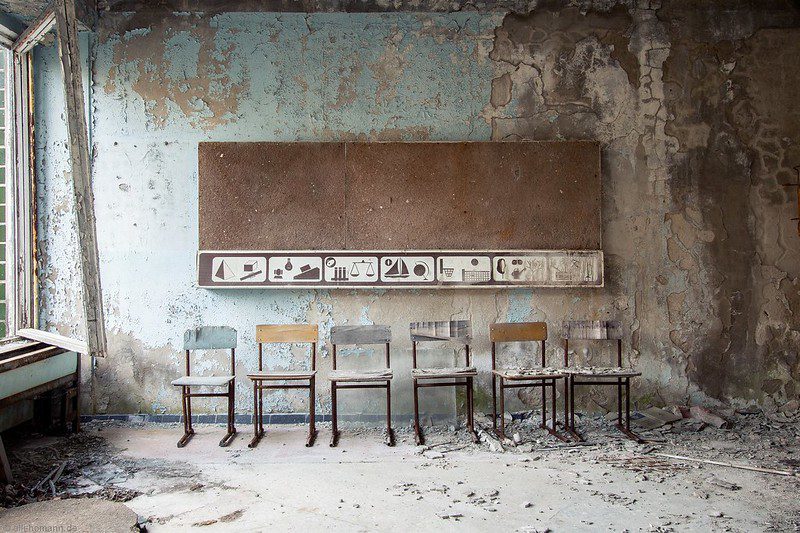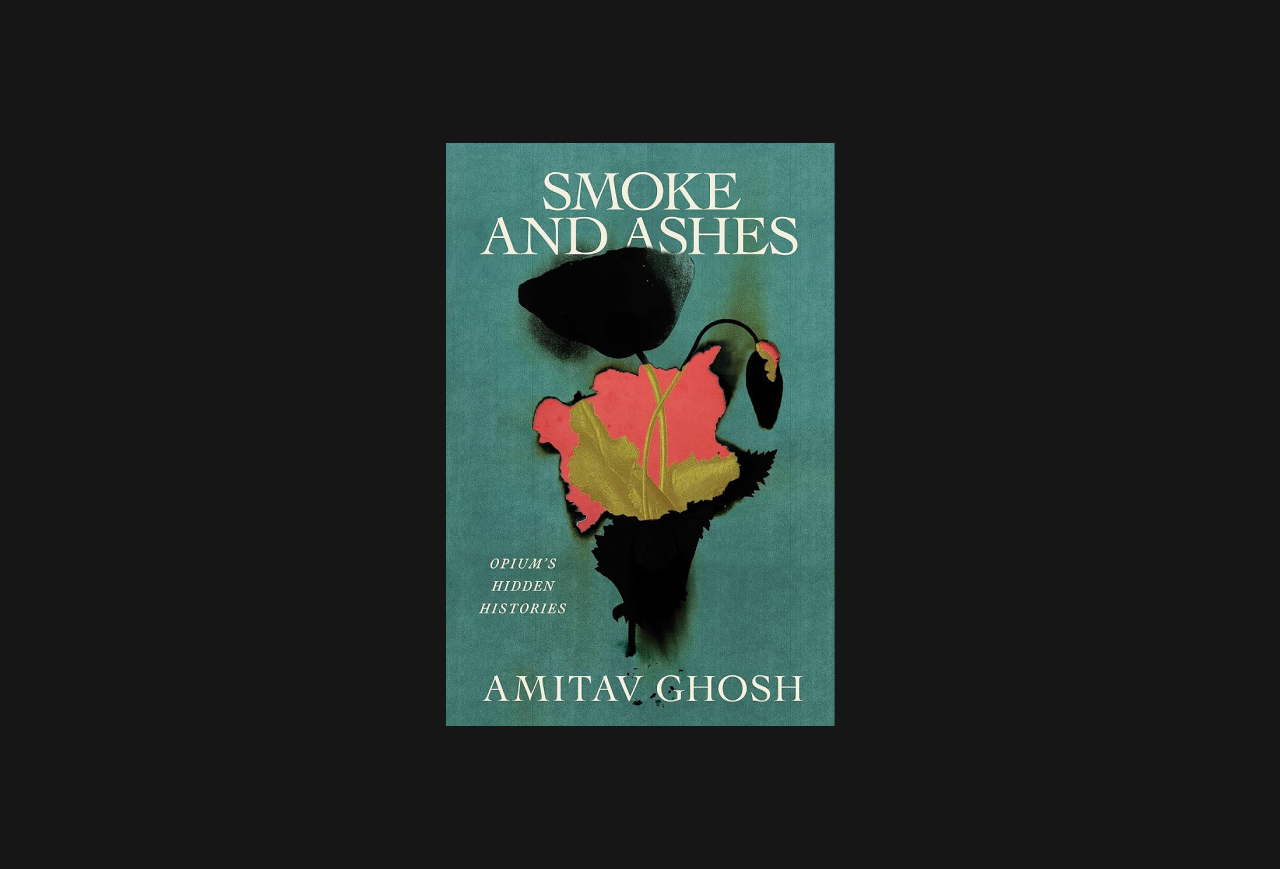By Chidi Odinkalu, Paulos Tesfagiorgis, Alex de Waal and Delia Burns
In March, the UN High Commissioner for Human Rights (OHCHR) established a joint investigation into alleged violations of human rights committed during the conflict in Tigray, Ethiopia. Controversially, the partner was the Ethiopian Human Rights Commission (EHRC). The decision has been heavily criticized by Tigrayans and members of the international human rights advocacy community, as the EHRC is a government body and based in Addis Ababa.
Remarkably the Attorney General of Ethiopia was invited to make a presentation at the same session. The rationale for this was not explained. It will do little to assuage concerns that the investigation is not impartial.
This blog post takes the form of annotations to the presentations by the UN High Commissioner for Human Rights, Ms. Michelle Bachelet, and the head of the Ethiopian Human Rights Commission, Mr. Daniel Bekele.
Enhanced interactive dialogue on the situation of human rights in the Tigray region of Ethiopia
48th session of the Human Rights Council
Geneva, 13 September 2021
Statement by United Nations High Commissioner for Human Rights, Michelle Bachelet.
Madam President,
Excellencies,
I thank you for the opportunity to brief this Council on the grave human rights situation in the Tigray region of Ethiopia, since my last update in June and based on my Office’s global mandate.
Fighting has continued unabated and has expanded to neighbouring Afar and Amhara regions. Together with other pockets of intercommunal violence[1], the conflict risks spilling over to the whole Horn of Africa.
In the last few months, mass detentions, killings, systematic looting, and sexual violence have continued[2] to create an atmosphere of fear and an erosion of living conditions that resulted in the forced displacement of the Tigrayan civilian population[3] on. Civilian suffering is widespread, and impunity is pervasive.
Even with the changing dynamics in the conflict, there has been one constant: multiple and severe reports of alleged gross violations of human rights, humanitarian and refugee law by all parties.[4]
Excellencies,
In the context of this ongoing human rights crisis, I appreciate the Government of Ethiopia’s cooperation with the OHCHR-Ethiopian Human Rights Commission joint investigation.[5] I also thank the Ethiopian Human Rights Commission, led by the Chief Commissioner, and my Regional Representative in Addis Ababa [6] for their leadership in this difficult and complex undertaking and urge them to continue their efforts.
By way of an update, the first two field deployments went ahead as planned to Mekelle, parts of Eastern Tigray and Southern Tigray. However, due to sudden changes in the security situation and in the conflict dynamics, the team had to shorten its stay in Maikadra, and deployments to East and Central Tigray, including Axum, could not proceed[7] .
The joint report, with its findings and recommendations, is expected to be released on 1 November 2021[8]. It is already clear that cases documented comprise multiple allegations of human rights violations, including[9] attacks on civilians, extrajudicial killings, torture, and enforced disappearances among other grave abuses. Sexual and gender based violence has been characterised by a pattern of extreme brutality, including gang rapes, sexualised torture and ethnically targeted sexual violence[10]. I acknowledge the Government’s express commitment towards accountability for sexual violence and I look forward to hearing about the outcomes of any actions taken.
Excellencies,
From my last update to the Council to date, allegations of human rights violations have continued to implicate Government forces and its allies[11] . We have received disturbing reports that local fishermen found dozens of bodies floating along the river crossing between Western Tigray and Sudan in July. Some allegedly had gunshot wounds and bound hands, indications that they might have been detained and tortured before being killed.
There are continued reports of large-scale arbitrary detentions of ethnic Tigrayan civilians in unofficial sites in Western Tigray. Reports also suggest that people of Tigrayan ethnicity have been profiled and detained by law enforcement officials on ethnic grounds, with hundreds having reportedly been arrested in recent security sweeps, mostly in Addis Ababa, and several businesses belonging to ethnic Tigrayans having reportedly been closed[12] .
Incitement to hatred and discrimination, and rising levels of inflammatory rhetoric [13] were also documented targeting people of Tigrayan ethnicity. History has unmistakably taught us the dangers of this kind of rhetoric. De-escalation measures must urgently be put in place[14] .
Threats and attacks on journalists have also been reported, as well as the suspension of media outlets’ licenses and intermittent restrictions and shutdowns [15] of Internet and telecommunications[16] in Tigray.
Excellencies,
Since gaining control of parts of Tigray and expanding to neighbouring regions[17], reports have also identified Tigrayan forces as perpetrators of human rights abuses.
During the period under review, the Tigrayan forces have allegedly been responsible for attacks on civilians, including indiscriminate killings resulting in nearly 76,500 people displaced in Afar and an estimated 200,000 in Amhara.[18]
More than 200 individuals have reportedly been killed in the most recent clashes in these regions, and 88 individuals, including children, have been injured. On 5 August, Tigrayan forces allegedly attacked and killed displaced people, mainly women, children, and older people, sheltering in a camp in Galikoma Kebele, in the Afar Region[19].
We have also received serious reports of recruitment of children into the conflict by Tigrayan forces, which is prohibited under international law[20].
Excellencies,
While I remain extremely concerned by the human rights situation in Tigray and neighbouring regions, I have taken note of the Government’s earlier commitment to accountability for human rights violations in Tigray. In my meeting with the Attorney General last June, he informed me about some of the measures the Government was taking[21] , including prosecuting sexual and gender-based violence[22]. I look forward to hearing about the Government’s progress in this regard, emphasizing the need for transparency in any such proceedings, as an important part of redress for victims. I also urge the Government of Ethiopia to accept the recommendations of the joint investigation report as part of its efforts to bring about accountability.
International, regional and national human rights and humanitarian actors must be given unhindered access[23].
I also reiterate my call to the Eritrean Government to ensure accountability for alleged widespread human rights violations by their forces in the Tigray region[24].
Beyond Tigray, further efforts are required to put an end to deadly intercommunal violence. And the response cannot be a military one.
I reiterate what I told the Council last June: grievances must be addressed through meaningful peacebuilding and reconciliation efforts to avoid the risk that Ethiopia will be torn apart, with profound implications for the country and the rest of the Horn of Africa.
The solution to the conflict in Tigray can only be found through a political process and dialogue. I commend the African Union’s mediation efforts in this regard[25]. I call on all parties to immediately end hostilities without preconditions and negotiate a lasting ceasefire.
Looking ahead, a sustainable peace will only come through accountability, a genuine inclusive dialogue and a national reconciliation process.
More substantive efforts must be undertaken by all sides to renew the social contract between the Government and its people. Only once this is in place will Ethiopians be able to fully enjoy their fundamental rights and freedoms.
Thank you.
[1] This diminishes the significance of the civil conflict between the Government and the Oromo Liberation Army.
[11] Here and elsewhere it is striking that the Commissioner omits mention of Eritrea.
[24] The statement has been remarkably thin on any acknowledgement of Eritrea to this point. If there are “widespread” violations by Eritrean forces, what might those be?
[25] There are in fact no mediation efforts. The AU has appointed a High Representative for the Horn of Africa but has undertaken no mediation yet.
Statement by Chief Commissioner of the Ethiopian Human Rights Commission, Daniel Bekele
Excellency President of the Human Rights Council,
Distinguished members of the Council,
Ladies and Gentlemen, all protocols duly observed,
The joint investigation by the Ethiopian Human Rights Commission (EHRC) and the UN Human Rights Office into alleged violations committed by all parties to the conflict in Tigray has concluded its field work [26] and, the team is currently analysing the full range of information collected. Therefore, given that we are still at the stage of analysing the information and evidences we have gathered; and in accordance with the terms of reference and other agreed documents between the two institutions, we are not yet in a position to share any findings and conclusions at this stage[27].
But the types of human rights issues we investigate against all parties to the conflict include[28] : attack against civilians and civilian objects and other protected persons and objects; unlawful or extra-judicial killings; forced displacement of people; sexual and gender-based violence; torture and other ill-treatment; arbitrary detention, abduction and enforced disappearances; and violations against refugees.
I wish to urge members of the Council and others to wait for the final report of the joint investigation expected to be published on 1st of November 2021, which will include our findings, conclusions, and recommendations.
While we wait for the final report, I wish to share the following observations on the recent developments and overall environment affecting the human rights and humanitarian situation on the basis of my Commission’s ongoing monitoring activities to help inform this dialogue of the Council.
1. The last Resolution of this Council on Tigray (47/13) coincided with the first full week, since the announcement of a ceasefire by the Ethiopian government on June 28th. At the time, the ceasefire and the military developments seemed to indicate, and indeed gave hope, for an improvement of the humanitarian situation as well as a pathway to peace[29] . The humanitarian report of that first week of July stated, “Humanitarian access had been significantly improving” and “75% of the population were [at the time] living in [areas] where relief operations can take place”. [30]
2. However, less than three weeks into July, significant challenges emerged: TPLF put forward a set of preconditions to accept the ceasefire[31] , it launched military offensive on neighbouring regions, movement of aid convoys were hampered[32] , and it was followed by regrouping of military forces in neighbouring regions, national mobilization for war [33] and counter offensive military operations. It soon became clear that communication, other public services, and humanitarian assistance will continue to be affected with the escalation of hostilities[34] .
3. Therefore, the Tigray conflict itself has now become a misnomer[35] – between July and August, more than 10 semi-urban or rural areas, in neighbouring Afar and Amhara regions, have changed hands at least once. Tens of thousands of people have been displaced in these two regions, adding to the massive toll of displacement in Tigray[36] and other parts of the country. Military clashes and movements have alternated between targeting transportation routes, civilian population, and infrastructure[37] . In a far cry from the expected respite during the Ethiopian rainy season for agriculture and recovery[38] , entire productive economies have been disrupted.
4. Despite the misinformation campaign and social media frenzy[39] , Council members should also be cognizant that the human rights story of all these conflicts including in Tigray is not merely a black and white narrative[40] . It has nuanced complexities and soldiers or fighters of all parties to the conflict and their affiliated groups are credibly implicated with violence against civilians and civilian infrastructures including sexual violence [41] and use of child soldiers[42] .
5. While we understand that the security problems created by the spread of the conflict to neighbouring regions has slowed humanitarian assistance[43] , we remain concerned by the still dire humanitarian situation particularly of IDPs. The federal government, the local authorities in the region as well as the humanitarian agencies should redouble their efforts [44] to ensure uninterrupted and improved provision of humanitarian assistance to civilians in Tigray and neighbouring regions.
6. The slow but gradual overtures to negotiations from both sides and some initiatives proposed by the international community are encouraging. However, if Ethiopia’s international partners trying to address the human rights crisis are to have a meaningful and constructive role, they should always work with full understanding of history and context of this complex political crisis[45] .
7. But the Council members should also be cognizant that, it is still the people of Ethiopia who have the highest stake in putting an end to the suffering of their fellow Ethiopians[46]. It is a principle that defines national sovereignty[47] , but it is also a humane standard to live up to. This requires the humility[48] to understand that no political righteousness or just cause is worth the level of human suffering we have lived through as a people and as a country during this war. It also requires the humility to understand that the available national, legal, and institutional parameters are far from being perfect, but that they are in every sense the most relevant and the most cost-effective tools for addressing the human rights crisis and finding a sustainable solution out of this war. Therefore, we urge all parties to the conflict as well as the international partners, to reach into this humility.
[26] This appears to contradict the statement by the UN Commissioner that the field work was cut short and thus could not be completed.
[27] Note that the original announcement indicated that the report would be presented in August. No additional explanation is provided for the delay. If the field research were cut short, there should be even less reason for delay.
[46] This contradicts the High Commissioner’s claims about violations targeted at people of Tigrayan identity.
Photo: Flags being prepared for UN General Assembly General Debate. United Nations Photo (CC BY-NC-ND 2.0)



